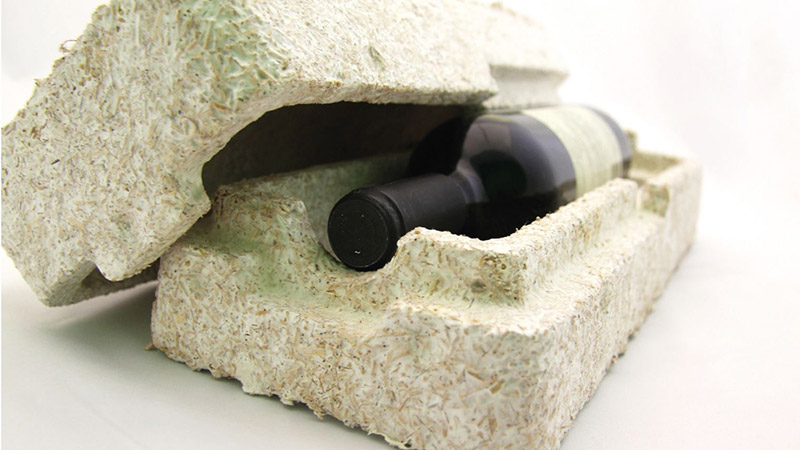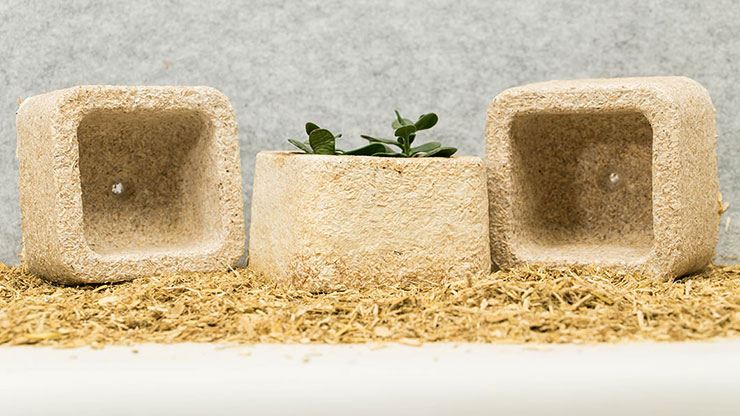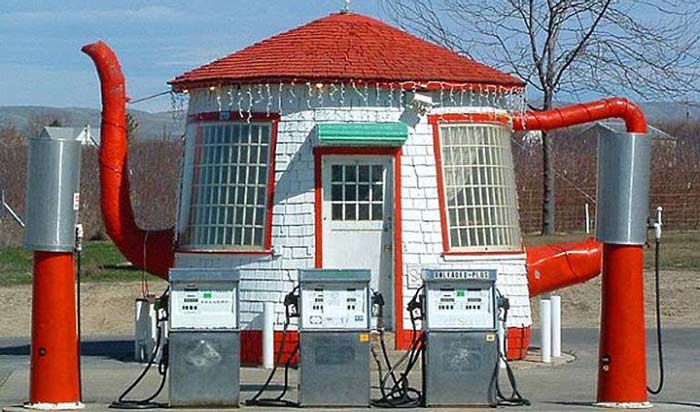Ecovative Design: Making Magic- Packaging Out of Mushrooms
New Eco-friendly solution is packaging out of mushrooms!
The world uses a lot of plastic and other materials in packaging. But plastics aren’t easy to produce and are often expensive to recycle and reuse. So startup Ecovative found a sustainable alternative material for packaging—mushrooms. Yes, the vegetable.
How is New York-based Ecovative pulling this off? We spoke with Eben Bayer, the company’s founder and chief executive officer, to find out what makes Ecovative special, and what his vision is for the company and the future of packaging materials.
What distinguishes Ecovative from other materials design firms?
Ecovative is unique in that we are specifically a bio-materials company. We use all natural materials in a process that we’ve adapted from nature. From a technical perspective, we’re doing something known as BioFabrication, where we use 100% of a grown organism as the final product. This is unlike yeast and other ethanol properties, where a compound is extracted from the growing organism.
We’re also unique in that we aren’t just developing the material science, but we’re also manufacturing product at scale for companies across the globe. We’ve developed and commercialized biomaterials that are cost and performance competitive to the materials we’re replacing.
How do you decide which materials to work with?
Our technology is focused on the idea of using mycelium, the root structure of mushrooms, as a natural glue or resin. We’ve created products that range from low-density and foam-like materials to high-density and compressed board materials.
Depending on which strain of mycelium we combine with a particular agricultural byproduct or wood product, we can achieve different material properties. We have a group of extremely talented scientists that work hard each day to determine which recipes are best for our customers’ needs.
Does it take longer for you than it does for traditional firms to design and create the materials you manufacture?
It really depends on the complexity of the project, specifically if it involves research and development. Because we can fine-tune the materials, we may need to account for a prototyping and validation time period. That being said, we’re able to keep up with the demand of our customers. The standard time for us to produce a product is around five to seven days. We have two production facilities that are constantly in various stages of growth and production.

What’s most surprised you about your work? Has a certain material unexpectedly taken off?
Our living organism, mycelium, is what continues to surprise me every day. This organism is naturally fire resistant, hydrophobic, and insulating; it binds particles together, overcomes competing organisms, and creates some really beautiful products in the end. We’re currently developing a material called Myco Flex that is made of pure mycelium. Creating a material that is similar to memory foams but is actually grown from fungal tissue is something that you would likely expect to find in a science fiction novel, but it’s actually happening today in our labs.
What most excites you about your work and what Ecovative is doing?
We believe that bio-materials are the future. The way we are currently living is not sustainable, and it will eventually push us to turn to biology and nature for solutions. Ecovative is at a really exciting point in our history because we’re one of the frontrunners for this type of technology.
We’re a bio-materials company that has taken an idea from the lab and then scaled and commercialized viable products from it. We’ve recently further expanded the reach of our materials by creating our Grow It Yourself program, which enables others to take this technology and commercialize their own products and projects with it.





Leave a Reply